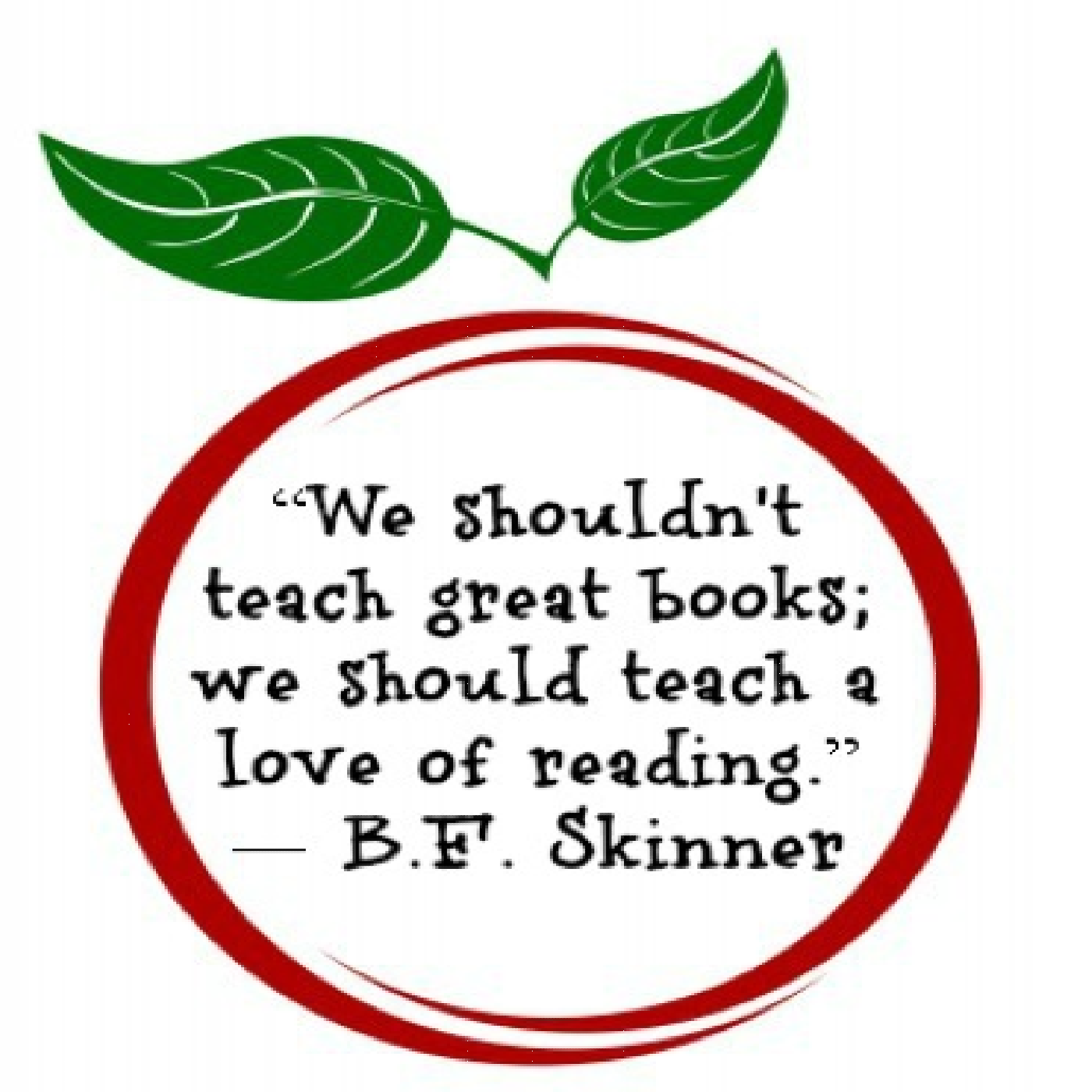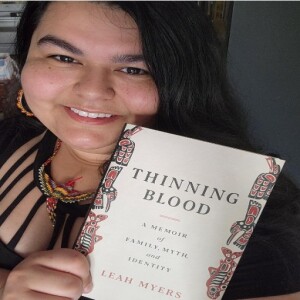
26K
Downloads
304
Episodes
The Chills at Will Podcast is a celebration of the visceral beauty of literature. This beauty will be examined through close reads of phrases and lines and passages from fiction and nonfiction that thrills the reader, so much so that he wants to read again and again to replicate that thrill. Each episode will focus on a different theme, such as "The Power of Flashback," "Understatement," "Cats in the Cradle," and "Chills at Will: Origin Story."
Episodes

Monday Nov 27, 2023
Monday Nov 27, 2023
Notes and Links to Leah Myers’s Work
For Episode 214, Pete welcomes Leah Myers, and the two discuss, among other topics, her early reading and inspirations, formative experiences in writing and self-growth, the ways in which she has seen Native Americans represented and misrepresented in literature and cinema, the rage and despair-inducing Pocahontas, and salient themes from her memoir, including US governmental neglect and violence toward Native Americans, blood quantum and other terminology, ideas of external and internal prejudices, as well as writing about sensitive personal experiences and about family members.
Leah Myers is a member of the Jamestown S’Klallam Tribe of the Pacific Northwest. She earned her MFA in creative nonfiction from the University of New Orleans, where she won the Samuel Mockbee Award for Nonfiction two years in a row. She now lives in Alabama, with roots in Georgia, Arizona, and Washington. Her work has previously appeared in The Atlantic, Craft Literary Magazine, Fugue Journal, and elsewhere. Her debut memoir, THINNING BLOOD, is published by W.W. Norton, and received a rave review in the New York Times.
Maud Newton Reviews Thinning Blood for New York Times
At about 1:40, Leah discusses her childhood relationship with the written word, “surrounded by books”
At about 3:10, Leah discusses the power in reading Natalie Diaz and Joy Harjo and ideas of representation
At about 5:05, Leah references the writers and writing that challenges and inspires her in the present day, including Natalie Diaz, anthologies like Never Whistle at Night (edited by Shane Hawk) and Jordan Peele’s Out There Screaming
At about 6:55, Leah responds to Pete’s question about the genesis of the writing bug for her
At about 8:45, The two wax poetic about the great Tommy Orange and
At about 9:55, Leah expounds upon the significance of wise words from an MFA professor
At about 12:00, Leah outlines some seeds for her memoir
At about 13:10, Leah discusses the usage of terms like “tribe” and “Native American” and “indigenous” and the evolving ways in which they’re used
At about 15:10, Leah discusses the book’s introductions and rationale in using the totem poles as structural
At about 17:55, Leah responds to Pete’s questions about the title’s significance and the effects of blood quantum
At about 20:05, Pete uses a quote from the memoir that enumerates each of the preceding women in Leah’s family and transitions into talking with Leah about the book’s opening called “Real Live Indians”
At about 22:00, Leah replies to Pete’s questions about the significance of the Mother Bear/Bear totem in her memoir
At about 24:00, The two discuss the ways in which Leah writes about family members and her mindset in handling “mixed feelings”
At about 27:50, Leah discusses the salmon and its significance as a totem in the book and connections to her identity
At about 29:40, The two discuss government actions referenced in the memoir
At about 32:40, Pete gives background information on Leah’s early days in her ancestral home and asks Leah about the metaphor of her grandmother Vivían “swimming upriver” like the salmon
At about 35:20, Part III, with the totem of the hummingbird, is discussed, and Leah speaks about the painful ways in which she has processed the Disney movie Pocahontas over the years
At about 39:25, The two discuss the gradual loss of the S’Klallam language
At about 41:55, Leah responds to Pete wondering about the ways in which she sees the Raven as part of the S’Klallam myths
At about 44:00, Forced adoptions of Native Americans and stats around misogynistic violence are referenced as written about in the book
At about 45:30, Leah discusses writing about a painful personal experience and bringing a human story to complement/highlight the statistics
At about 46:35, Leah gives her rationale and mindset in writing a part of the book that is a letter to her prospective future relative
At about 49:10, Leah defines “infrasound” and she and Pete detail its power and connection to her memoir
At about 50:55, The two discuss the myriad ways in which the Raven can be viewed and its connection to Leah’s identity
At about 54:10, Leah gives some idea of upcoming projects
At about 55:25, Leah gives contact and social media information
You can now subscribe to the podcast on Apple Podcasts, and leave me a five-star review. You can also ask for the podcast by name using Alexa, and find the pod on Stitcher, Spotify, and on Amazon Music. Follow me on IG, where I’m @chillsatwillpodcast, or on Twitter, where I’m @chillsatwillpo1. You can watch this and other episodes on YouTube-watch and subscribe to The Chills at Will Podcast Channel. Please subscribe to both my YouTube Channel and my podcast while you’re checking out this episode.
Sign up now for The Chills at Will Podcast Patreon: it can be found at patreon.com/chillsatwillpodcastpeterriehl
Check out the page that describes the benefits of a Patreon membership, including cool swag and bonus episodes. Thanks in advance for supporting my one-man show, my DIY podcast and my extensive reading, research, editing, and promoting to keep this independent podcast pumping out high-quality content!
NEW MERCH! You can browse and buy here: https://www.etsy.com/shop/ChillsatWillPodcast
This is a passion project of mine, a DIY operation, and I’d love for your help in promoting what I’m convinced is a unique and spirited look at an often-ignored art form.
The intro song for The Chills at Will Podcast is “Wind Down” (Instrumental Version), and the other song played on this episode was “Hoops” (Instrumental)” by Matt Weidauer, and both songs are used through ArchesAudio.com.
Please tune in for Episode 215 with Nick Fuller Googins. Nick is the author of the novel, The Great Transition, and his short fiction and essays have appeared in The Paris Review, Men’s Health, The Sun, The Los Angeles Times, and elsewhere. He works as an elementary school teacher.
The episode will air on December 5.

No comments yet. Be the first to say something!